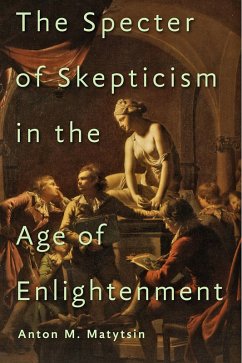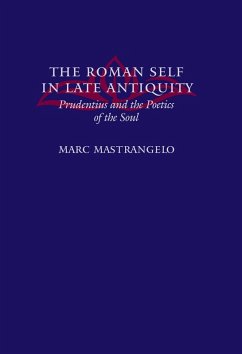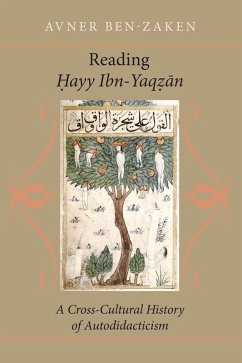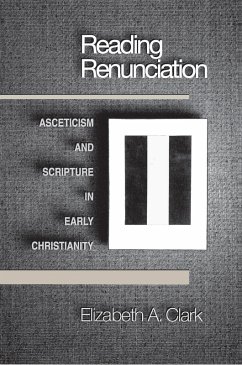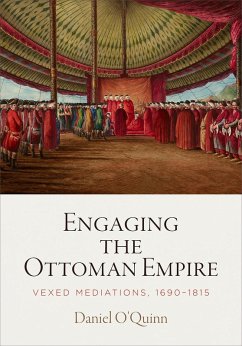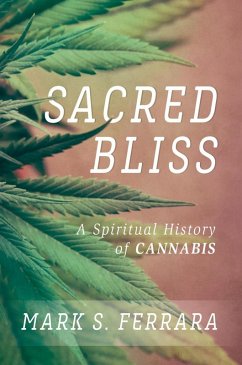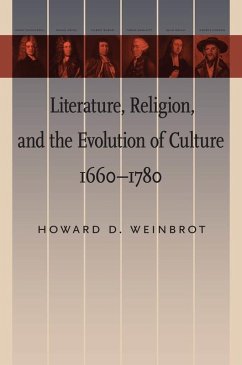
Let There Be Enlightenment (eBook, ePUB)
The Religious and Mystical Sources of Rationality
Redaktion: Matytsin, Anton M.

PAYBACK Punkte
15 °P sammeln!
Challenging the triumphalist narrative of Enlightenment secularism.According to most scholars, the Enlightenment was a rational awakening, a radical break from a past dominated by religion and superstition. But in Let There Be Enlightenment, Anton M. Matytsin, Dan Edelstein, and the contributors they have assembled deftly undermine this simplistic narrative. Emphasizing the ways in which religious beliefs and motivations shaped philosophical perspectives, essays in this book highlight figures and topics often overlooked in standard genealogies of the Enlightenment. The volume underscores the p...
Challenging the triumphalist narrative of Enlightenment secularism.According to most scholars, the Enlightenment was a rational awakening, a radical break from a past dominated by religion and superstition. But in Let There Be Enlightenment, Anton M. Matytsin, Dan Edelstein, and the contributors they have assembled deftly undermine this simplistic narrative. Emphasizing the ways in which religious beliefs and motivations shaped philosophical perspectives, essays in this book highlight figures and topics often overlooked in standard genealogies of the Enlightenment. The volume underscores the prominent role that religious discourses continued to play in major aspects of seventeenth- and eighteenth-century thought. The essays probe a wide range of subjects, from reformer Jan Amos Comenius's quest for universal enlightenment to the changing meanings of the light metaphor, Quaker influences on Baruch Spinoza's theology, and the unexpected persistence of Aristotle in the Enlightenment. Exploring the emergence of historical consciousness among Enlightenment thinkers while examining their repeated insistence on living in an enlightened age, the collection also investigates the origins and the long-term dynamics of the relationship between faith and reason. Providing an overview of the rich spectrum of eighteenth-century culture, the authors demonstrate that religion was central to Enlightenment thought. The term "e;enlightenment"e; itself had a deeply religious connotation. Rather than revisiting the celebrated breaks between the eighteenth century and the period that preceded it, Let There Be Enlightenment reveals the unacknowledged continuities that connect the Enlightenment to its various antecedents.Contributors: Philippe Buc, William J. Bulman, Jeffrey D. Burson, Charly Coleman, Dan Edelstein, Matthew T. Gaetano, Howard Hotson, Anton M. Matytsin, Darrin M. McMahon, James Schmidt, Celine Spector, Jo Van Cauter
Dieser Download kann aus rechtlichen Gründen nur mit Rechnungsadresse in A, B, BG, CY, CZ, D, DK, EW, E, FIN, F, GR, HR, H, IRL, I, LT, L, LR, M, NL, PL, P, R, S, SLO, SK ausgeliefert werden.




